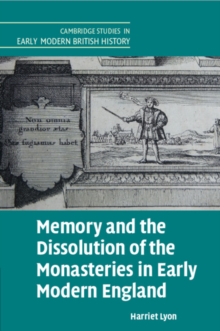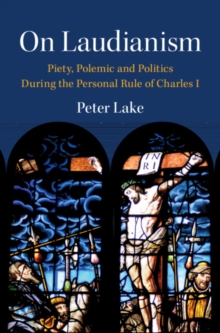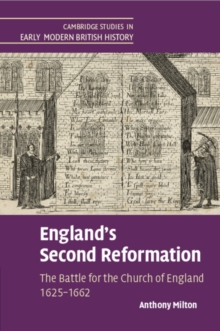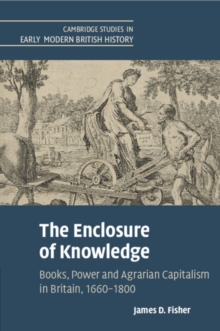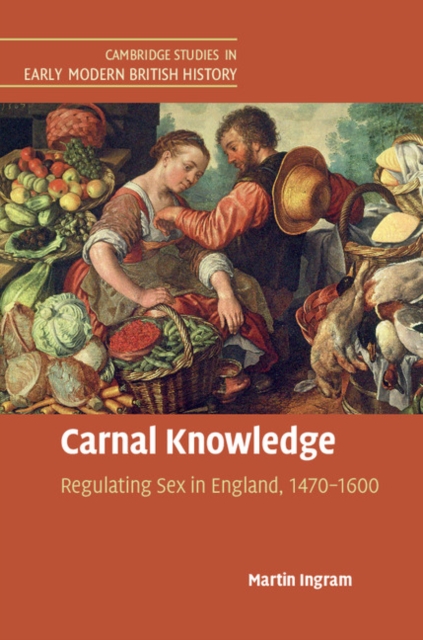
Carnal Knowledge : Regulating Sex in England, 1470-1600 Paperback / softback
by Martin (University of Oxford) Ingram
Part of the Cambridge Studies in Early Modern British History series
Paperback / softback
Description
How was the law used to control sex in Tudor England?
What were the differences between secular and religious practice?
This major study reveals that - contrary to what historians have often supposed - in pre-Reformation England both ecclesiastical and secular (especially urban) courts were already highly active in regulating sex.
They not only enforced clerical celibacy and sought to combat prostitution but also restrained the pre- and extramarital sexual activities of laypeople more generally.
Initially destabilising, the religious and institutional changes of 1530-60 eventually led to important new developments that tightened the regime further.
There were striking innovations in the use of shaming punishments in provincial towns and experiments in the practice of public penance in the church courts, while Bridewell transformed the situation in London.
Allowing the clergy to marry was a milestone of a different sort.
Together these changes contributed to a marked shift in the moral climate by 1600.
Information
-
Available to Order - This title is available to order, with delivery expected within 2 weeks
- Format:Paperback / softback
- Pages:340 pages, Worked examples or Exercises; 13 Tables, black and white; 2 Maps
- Publisher:Cambridge University Press
- Publication Date:10/03/2017
- Category:
- ISBN:9781316631737
Information
-
Available to Order - This title is available to order, with delivery expected within 2 weeks
- Format:Paperback / softback
- Pages:340 pages, Worked examples or Exercises; 13 Tables, black and white; 2 Maps
- Publisher:Cambridge University Press
- Publication Date:10/03/2017
- Category:
- ISBN:9781316631737
